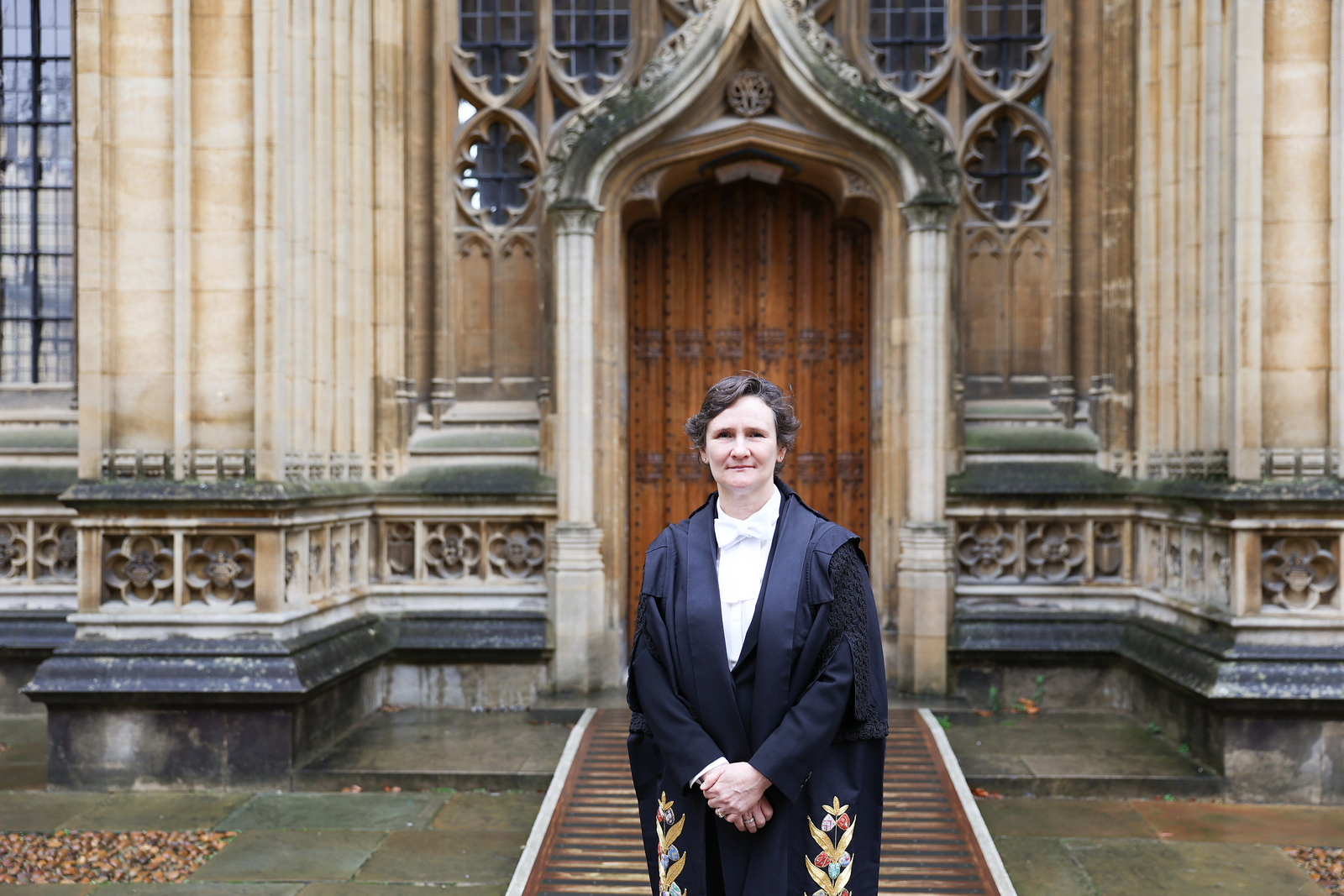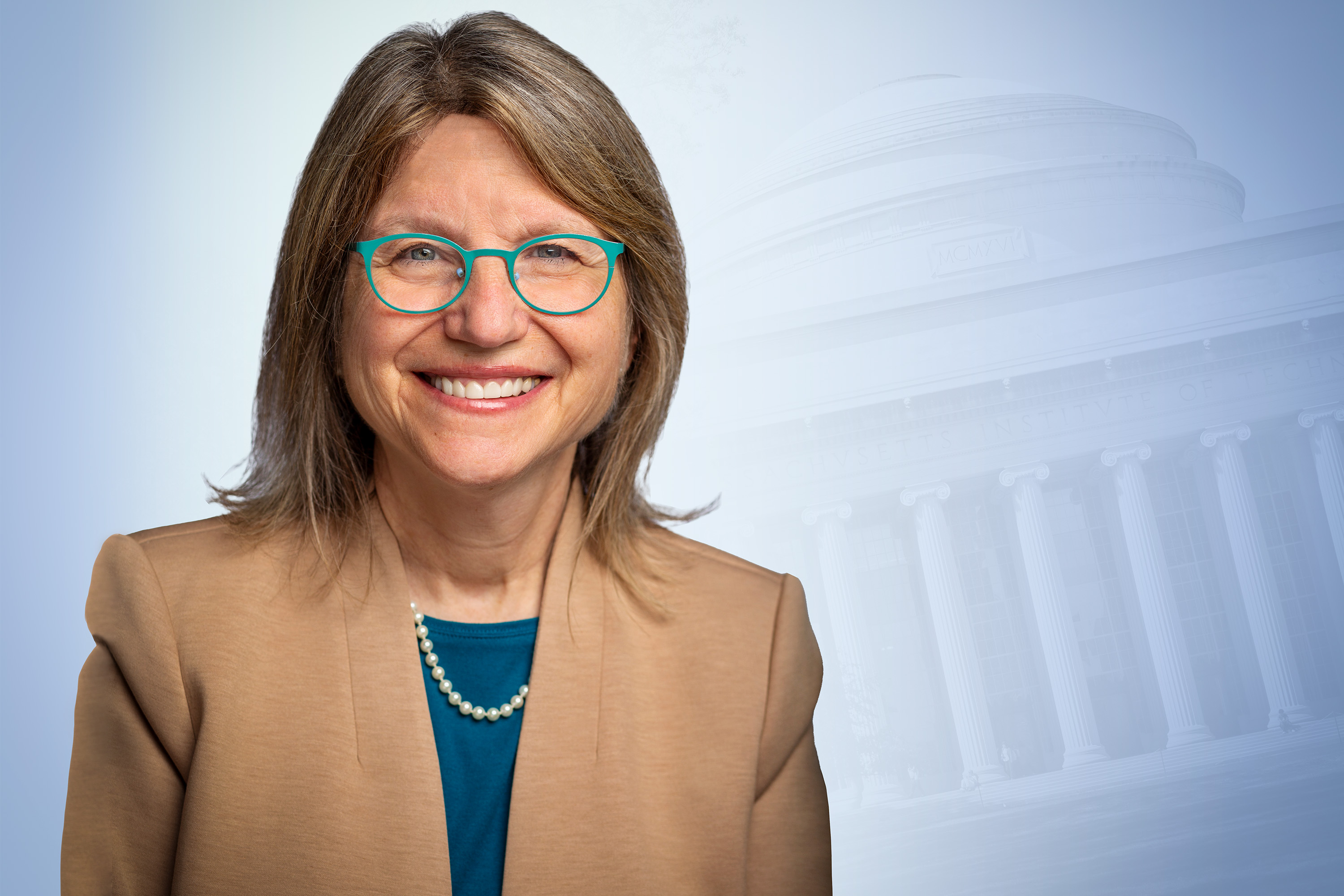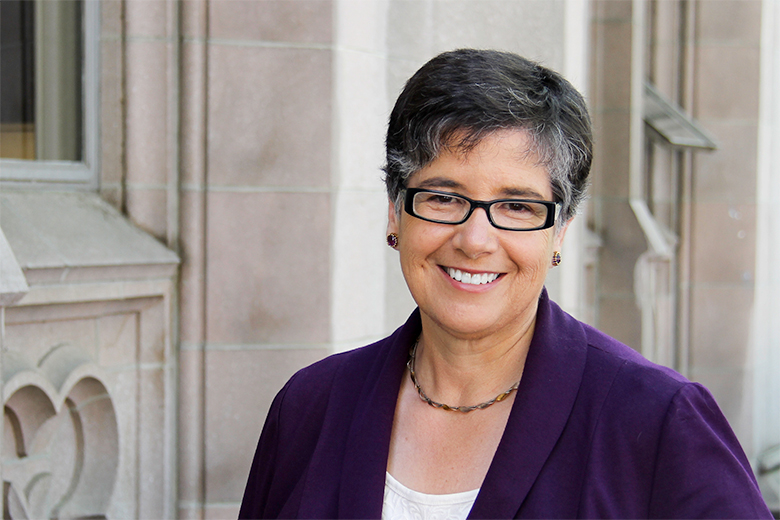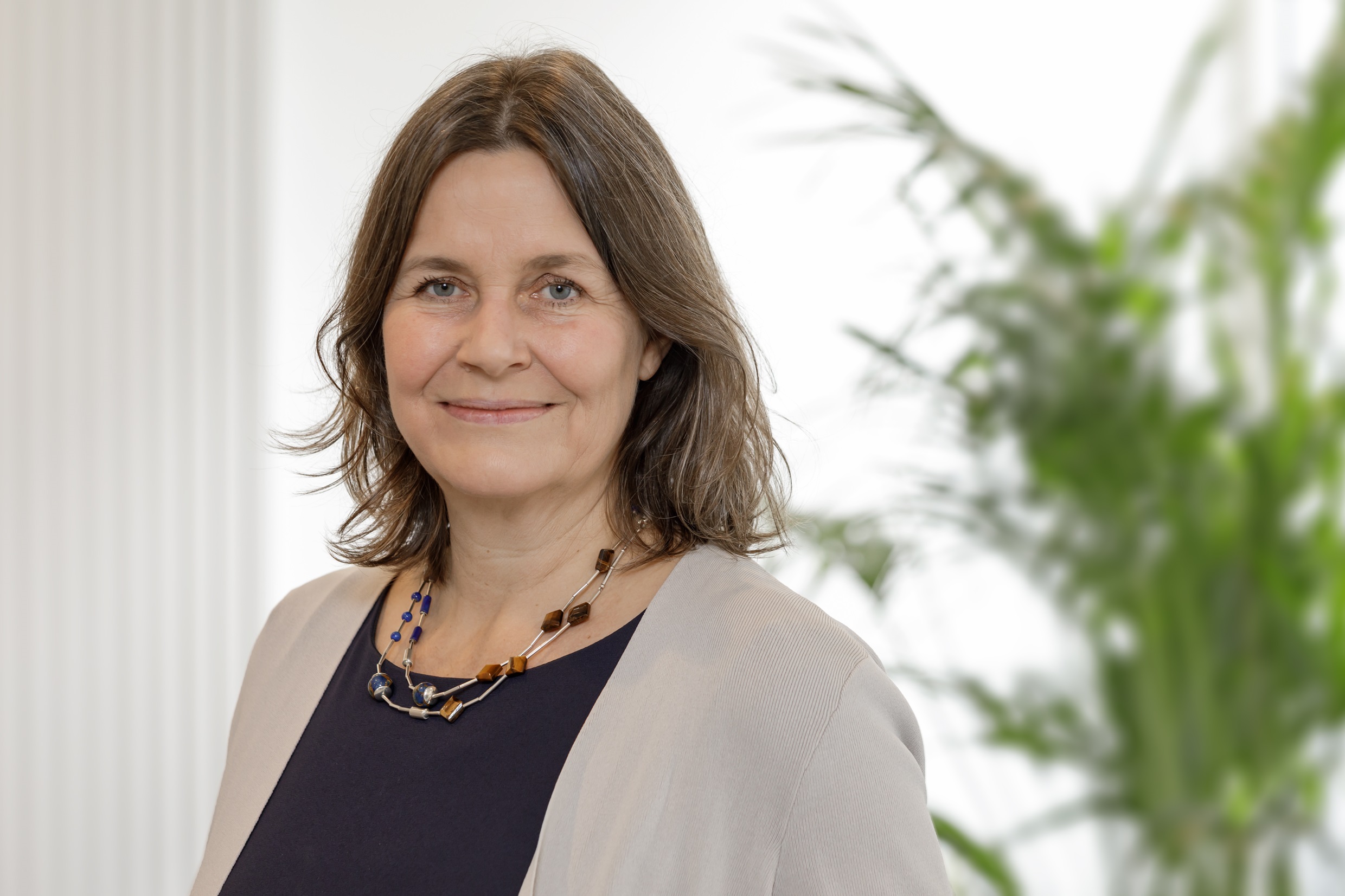International Women’s Day: top universities led by women
More than a quarter of the top 200 universities in the Times Higher Education World University Rankings are run by women, a number which is increasing year on year
Share
Analysis of the Times Higher Education World University Rankings 2025 reveals that 55 of the top 200 institutions are currently led by women. This is an increase from the 50 universities led by women last year and now amounts to over a quarter of the top 200 universities in the world.
The current number one institution (the University of Oxford) is led by Irene Tracey, who took over from Louise Richardson in January 2023. Four of the prestigious Ivy League institutions in the US – Columbia University, Dartmouth College, Yale University and Brown University – have female leaders.
There are five more female leaders in the job compared with last year, and 27 more than in 2015 when THE first started collecting the data, representing an 82 per cent increase over 10 years.
Of the top 200 universities, 2.5 per cent (or 10 per cent of female-led institutions) are led by women of colour.
The Netherlands, the US, Germany and the UK are some of the countries with high numbers of female-led institutions.
Below, we take a look at the achievements of the female vice-chancellors of the top 10 universities and the journeys that brought them to where they are now.
1. University of Oxford, Irene Tracey
Neuroscientist Irene Tracey became vice-chancellor of the University of Oxford in 2023.
Tracey gained her undergraduate and postgraduate degrees in biochemistry at Merton College, Oxford, where her research focused on the early use of magnetic resonance imaging methods to study disease mechanisms in humans. After that, she held a postdoctoral position at Harvard Medical School.
Tracey returned to Oxford in 1997 and was a founding member of the Oxford Centre for Functional Magnetic Resonance Imaging of the Brain (now the Wellcome Centre for Integrative Neuroimaging). She then took up a tenured position in the department of physiology, anatomy and genetics at Christ Church College, later moving to the department of anaesthetics.
Tracey is still a professor of anaesthetic neuroscience in the Nuffield department of clinical neurosciences.

Credit - OUImages/Cyrus Mower
2. Massachusetts Institute of Technology, Sally Kornbluth
Sally Kornbluth became the 18th president of the Massachusetts Institute of Technology in January 2023. She is only the second female leader in MIT’s 162-year history.
Kornbluth’s academic background is in cell biology. She obtained a degree in political science from the University of Cambridge, and then pursued a PhD in molecular oncology at Rockefeller University.
She was previously professor of pharmacology and cancer biology at the Duke University School of Medicine.

3. University of Cambridge, Deborah Prentice
Deborah Prentice took up the role of vice-chancellor of the University of Cambridge in July 2023.
Her academic background is in psychology, having studied human biology and music at Stanford University. She then progressed to pursue her graduate studies in psychology at Yale University, earning a PhD in 1989. Prentice’s research has focused on the study of social norms in human behaviour.
Prentice began her career at Princeton University as an assistant professor, eventually becoming dean of faculty.

4. Yale University, Maurie McInnis
Maurie McInnis became the president of Yale University in July 2024. She is the first woman to serve as non-interim president of Yale University.
McInnis began her academic career as a graduate student in history of art at Yale University. Her academic interest is the cultural focus of colonial American art and culture from the antebellum South. She has written five books on the subject.
McInnis has previously worked in leadership roles at the University of Virginia and Stony Brook University.

5. Columbia University, Katrina Armstrong
Katrina Armstrong became the interim president of Columbia University in August 2024. She has also led the university’s health and science campus since 2022 and is the CEO of Irving Medical Center.
She received her BA in architecture from Yale University, and then continued on to medical school at Johns Hopkins University. Armstrong’s research focuses on medical decision-making, quality of care and cancer prevention.
She has previously held roles at Massachusetts General Hospital and the University of Pennsylvania.

Credit - Sirin Samman/Columbia University
6. University of Washington, Ana Mari Cauce
Ana Mari Cauce is the University of Washington’s first female permanent president, as well as its first Latina leader.
A member of the University of Washington faculty since 1986, she became interim president in March 2015 and was appointed president in October 2015.
Cauce’s academic specialism is psychology, having gained an MSc in psychology and, in 1982, a master of philosophy from Yale University.
Cauce remains active in the classroom and continues to teach and mentor undergraduate and postgraduate students. She helped to establish the university’s Husky Promise, which guarantees full tuition to eligible Washington students who would otherwise be unable to attend college. She also launched the Race and Equity Initiative in 2015 to encourage staff and students to take personal responsibility for combating racism and inequality.

7. École Polytechnique Fédérale de Lausanne, Anna Fontcuberta i Morral
Anna Fontcuberta i Morral’s academic background is in physics and material sciences. She studied her bachelor’s degree in physics at the University of Barcelona and then went on to study at Université Paris-Sud and École Polytechnique.
Morral began at École Polytechnique Fédérale de Lausanne as a professor in semiconductor materials.
She was appointed president in January 2025.

Credit - Anna Fontcuberta i Morral © 2024 EPFL / Nicolas Righetti – Lundi13
8. New York University, Linda G. Mills
Linda Mills became the 17th president of New York University in July 2023.
Mills gained a BA in history and social thought from the University of California, Irvine, a JD from the University of California College of the Law, San Francisco, a master’s in social work from San Francisco State University and a PhD in health policy from Brandeis University.
She first started working at NYU in 1999 as an associate professor in social work. She has since held numerous positions within the university.

9. University of Melbourne, Emma Johnston
Emma Johnston is a marine ecologist. She became the vice-chancellor of the University of Melbourne in February 2025. She was the first woman to be appointed vice-chancellor of the University of Melbourne.
Johnston completed her undergraduate degree in biology before going on to do a PhD in marine ecology. She completed both programmes at the University of Melbourne.
Her research focus is on the human impacts on marine ecology and how to build ecological resilience.

Credit - Peter Casamento/University of Melbourne
10. Universität Heidelberg, Frauke Melchior
Frauke Melchior took up the position of rector of Universität Heidelberg in October 2023 and will remain in the role for the next six years.
Melchior is a scientist, having studied chemistry at the University of Marburg and the University of Bristol. She worked as a postdoctoral researcher at the Max Planck Institute for Biophysical Chemistry in Göttingen and at the Scripps Research Institute in La Jolla, California.
She then joined the Faculty of Biosciences at Universität Heidelberg in order to continue her research as professor for molecular biology at the ZMBH in 2008. As of April 2021, she transferred to Forschungszentrum Jülich, which is one of the research centres in the Helmholtz Association, as a member of the board of directors.

Credit: Forschungszentrum Jülich / Ralf-Uwe Limbach
Top universities led by women in the THE World University Rankings top 200
Full analysis of the results can be found here: More than a quarter of top 200 universities led by women
| World University Rank 2025 | University | Country/region | Leader |
| 1 | University of Oxford | United Kingdom | Irene Tracey |
| 2 | Massachusetts Institute of Technology | United States | Sally Kornbluth |
| 5 | University of Cambridge | United Kingdom | Deborah Prentice |
| 10 | Yale University | United States | Maurie McInnis |
| =18 | Columbia University | United States | Katrina Armstrong |
| 25 | University of Washington | United States | Ana Mari Cauce |
| 32 | École Polytechnique Fédérale de Lausanne | Switzerland | Anna Fontcuberta i Morral |
| 33 | New York University | United States | Linda G. Mills |
| 39 | University of Melbourne | Australia | Emma Johnston |
| =47 | Universität Heidelberg | Germany | Frauke Melchior |
| 49 | Karolinska Institute | Sweden | Annika Östman Wernerson |
| =56 | University of Wisconsin-Madison | United States | Jennifer L. Mnookin |
| =58 | Brown University | United States | Christina Paxson |
| =58 | Monash University | Australia | Sharon Pickering |
| =58 | University of Amsterdam | Netherlands | Edith Hooge |
| 66 | The Hong Kong University of Science and Technology | Hong Kong | Nancy Y. Ip |
| =67 | Wageningen University & Research | Netherlands | Sjoukje Heimovaara |
| 72 | University of Southern California | United States | Carol Folt |
| =73 | Australian National University | Australia | Genevieve Bell |
| =73 | Leiden University | Netherlands | Annetje Ottow |
| 75 | Boston University | United States | Melissa Gilliam |
| 76 | Sorbonne University | France | Nathalie Drach-Temam |
| 77 | The University of Queensland | Australia | Deborah Terry |
| 78 | University of Bristol | United Kingdom | Evelyn Welch |
| =84 | Humboldt University of Berlin | Germany | Julia von Blumenthal |
| =87 | University of Minnesota | United States | Rebecca Cunningham |
| =100 | Penn State (Main campus) | United States | Neeli Bendapudi |
| =100 | University of Tübingen | Germany | Karla Pollmann |
| =104 | University of Bern | Switzerland | Virginia Richter |
| =107 | Erasmus University Rotterdam | Netherlands | Annelien Bredenoord |
| =107 | University of Helsinki | Finland | Sari Lindblom |
| 121 | University of Göttingen | Germany | Valérie Schüller |
| 123 | University of Leeds | United Kingdom | Shearer West |
| 126 | University of Basel | Switzerland | Andrea Schenker-Wicki |
| 127 | University of Rochester | United States | Sarah C. Mangelsdorf |
| =128 | University of Freiburg | Germany | Kerstin Krieglstein |
| =132 | Maastricht University | Netherlands | Rianne Letschert |
| =136 | University of Nottingham | United Kingdom | Jane Norman |
| =136 | Vrije Universiteit Amsterdam | Netherlands | Margrethe Jonkman |
| 139 | Trinity College Dublin | Ireland | Linda Doyle |
| 140 | Technical University of Berlin | Germany | Geraldine Rauch |
| =141 | University of Pittsburgh-Pittsburgh campus | United States | Joan T.A. Gabel |
| =143 | Radboud University Nijmegen | Netherlands | Alexandra van Huffelen |
| =152 | University of Auckland | New Zealand | Dawn Freshwater |
| =160 | TU Dresden | Germany | Ursula M. Staudinger |
| =168 | Dartmouth College | United States | Sian Beilock |
| 171 | University of Geneva | Switzerland | Audrey Leuba |
| =172 | Durham University | United Kingdom | Karen O’Brien |
| =172 | University of Exeter | United Kingdom | Lisa O. Roberts |
| 175 | Université Catholique de Louvain | Belgium | Francoise Smets |
| =176 | Pompeu Fabra University | Spain | Laia de Nadal |
| =185 | Sapienza University of Rome | Italy | Antonella Polimeni |
| =185 | University of St Andrews | United Kingdom | Sally Mapstone |
| =189 | Indiana University | United States | Pamela Whitten |
| =196 | University of California, Santa Cruz | United States | Cynthia Larive |
Note: Data is correct as of 1 February 2025 and includes acting presidents and vice-chancellors.